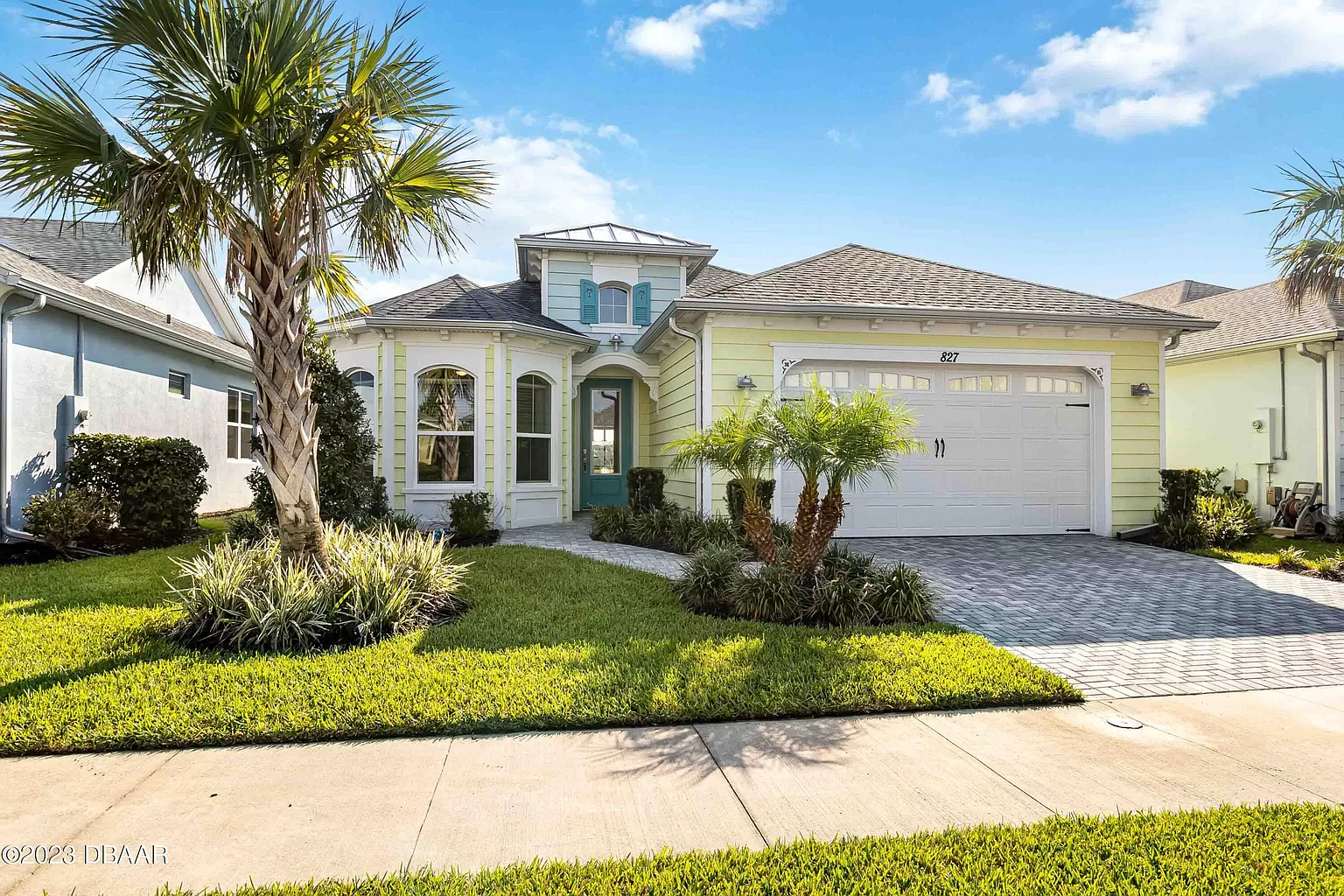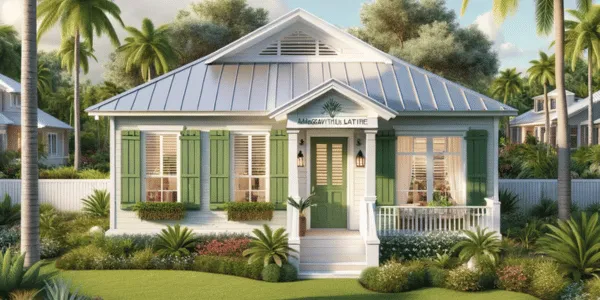Conventional Loans
We have programs to make your dreams come true
CONVENTIONAL LOANS
KEY POINTS ABOUT CONVENTIONAL LOANS
Understanding Conventional Loans: Key Points and Comparison with FHA Loans
When it comes to financing your home, understanding the different loan options available is crucial. Conventional loans are a popular choice for many borrowers, and comparing them with FHA loans can help you make an informed decision. In this article, we'll explore the key points of conventional loans and see how they stack up against FHA loans.
What are Conventional Loans?
Conventional loans are mortgage loans that are not insured or guaranteed by the federal government, unlike FHA, VA, or USDA loans. They are typically offered by private lenders, such as banks, credit unions, and mortgage companies.
Key Points of Conventional Loans
Down Payment: Conventional loans often require a higher down payment compared to FHA loans. While you can find conventional loans with down payments as low as 3%, typically, a down payment of 20% is common to avoid Private Mortgage Insurance (PMI).
Credit Score Requirements: Conventional loans usually have stricter credit score requirements. Borrowers generally need a higher credit score compared to FHA loans. A score of 620 or higher is often required.
PMI: For conventional loans with less than 20% down payment, PMI is required. However, unlike FHA loans, PMI can be removed once you reach 20% equity in your home.
Loan Limits: Conventional loans have higher loan limits than FHA loans, making them a good choice for more expensive properties.
Interest Rates: Interest rates for conventional loans are typically dependent on the borrower's credit score and down payment. The better your credit score and the higher your down payment, the lower your interest rate.
Flexibility: Conventional loans offer more flexibility in terms of property type and use. They are available for primary residences, second homes, and investment properties.
Conventional Loans vs. FHA Loans
Down Payment: FHA loans are known for their low down payment requirement, as low as 3.5%, which is ideal for borrowers with limited funds for upfront costs.
Credit Score Flexibility: FHA loans are more accessible to borrowers with lower credit scores. This makes them a popular choice for first-time homebuyers or those rebuilding credit.
Mortgage Insurance: FHA loans require both upfront and annual mortgage insurance, regardless of the down payment amount. This additional cost can make FHA loans more expensive over time.
Property Restrictions: FHA loans have stricter property standards and may require repairs before closing. This can be a hurdle when buying older or fixer-upper homes.
Loan Limits: FHA loans have lower loan limits, which can be a limiting factor in high-cost areas.
Conclusion
Conventional loans offer several advantages, particularly for borrowers with higher credit scores and those able to afford a larger down payment. They provide more flexibility and potentially lower costs without the need for mortgage insurance once you've built enough equity. However, if you're a first-time homebuyer with a lower credit score or looking for a home with a smaller down payment, an FHA loan might be more suited to your needs.
Remember, the best loan choice depends on your financial situation, credit history, and long-term homeownership goals. Always consider consulting with a mortgage professional to explore your options and determine the best path for your home financing needs.
Understanding Conventional Loans: Key Points and Comparison with FHA Loans
What are Conventional Loans?
Conventional loans are mortgage loans that are not insured or guaranteed by the federal government, unlike FHA, VA, or USDA loans. They are typically offered by private lenders, such as banks, credit unions, and mortgage companies.
Key Points of Conventional Loans
Down Payment: Conventional loans often require a higher down payment compared to FHA loans. While you can find conventional loans with down payments as low as 3%, typically, a down payment of 20% is common to avoid Private Mortgage Insurance (PMI).
Credit Score Requirements: Conventional loans usually have stricter credit score requirements. Borrowers generally need a higher credit score compared to FHA loans. A score of 620 or higher is often required.
PMI: For conventional loans with less than 20% down payment, PMI is required. However, unlike FHA loans, PMI can be removed once you reach 20% equity in your home.
Loan Limits: Conventional loans have higher loan limits than FHA loans, making them a good choice for more expensive properties.
Interest Rates: Interest rates for conventional loans are typically dependent on the borrower's credit score and down payment. The better your credit score and the higher your down payment, the lower your interest rate.
Flexibility: Conventional loans offer more flexibility in terms of property type and use. They are available for primary residences, second homes, and investment properties.
Conventional Loans vs. FHA Loans
Down Payment: FHA loans are known for their low down payment requirement, as low as 3.5%, which is ideal for borrowers with limited funds for upfront costs.
Credit Score Flexibility: FHA loans are more accessible to borrowers with lower credit scores. This makes them a popular choice for first-time homebuyers or those rebuilding credit.
Mortgage Insurance: FHA loans require both upfront and annual mortgage insurance, regardless of the down payment amount. This additional cost can make FHA loans more expensive over time.
Property Restrictions: FHA loans have stricter property standards and may require repairs before closing. This can be a hurdle when buying older or fixer-upper homes.
Loan Limits: FHA loans have lower loan limits, which can be a limiting factor in high-cost areas.
Conclusion
Conventional loans offer several advantages, particularly for borrowers with higher credit scores and those able to afford a larger down payment. They provide more flexibility and potentially lower costs without the need for mortgage insurance once you've built enough equity. However, if you're a first-time homebuyer with a lower credit score or looking for a home with a smaller down payment, an FHA loan might be more suited to your needs.
Remember, the best loan choice depends on your financial situation, credit history, and long-term homeownership goals. Always consider consulting with a mortgage professional to explore your options and determine the best path for your home financing needs.


